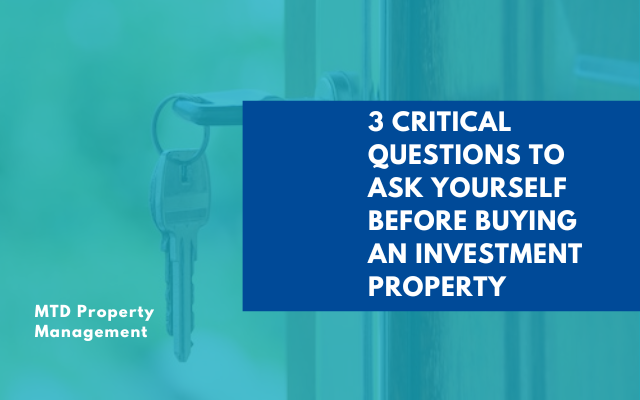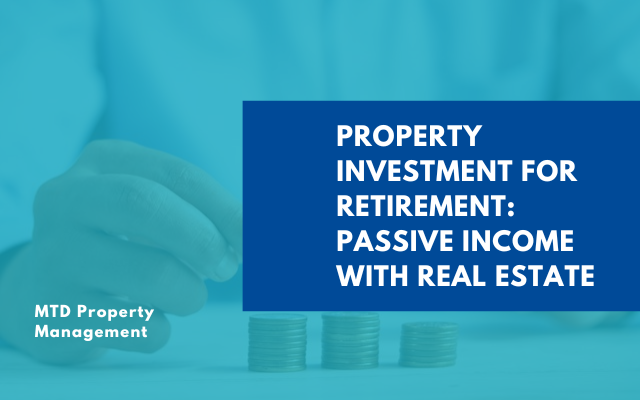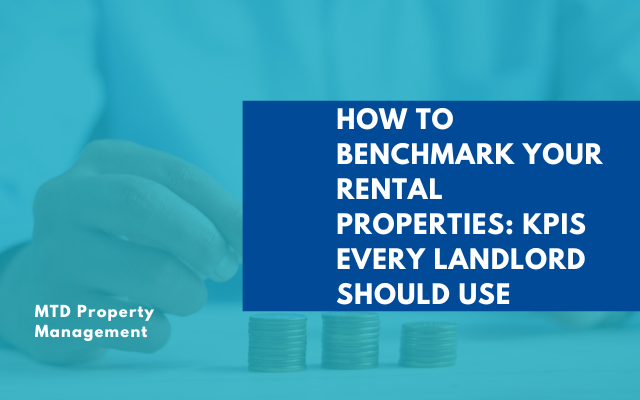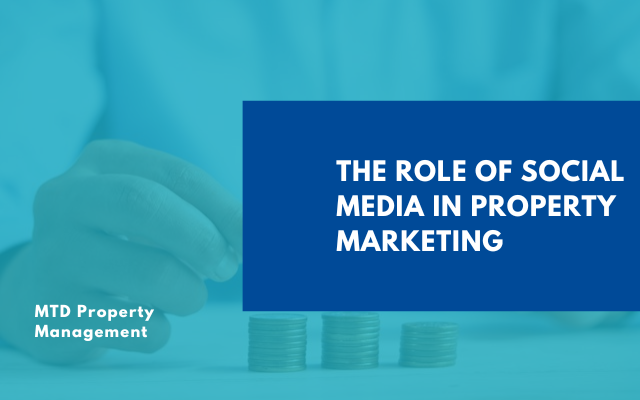
Are you considering expanding your real estate portfolio but feeling unsure about where to start?
As a landlord, diving into the world of
investment properties can be both exciting and daunting. The allure of additional rental income and long-term growth is tempting, but making the right purchase requires careful thought and planning.
Before you make this significant financial commitment, it’s crucial to reflect on a few key aspects to ensure your investment is sound.
In this article, we’ll guide you through three critical questions to ask yourself before buying an investment property, helping you to make informed decisions that will pave the way for success in your landlord journey. Keep reading to learn more!
Question #1: How Do I Plan to Profit?
Before diving into the specifics, it's important to define what "profit" means for you. Are you looking for immediate cash flow, long-term appreciation, or a combination of both? Clarifying your financial goals will guide your investment strategy and help you select the right property.
Evaluating Potential Rental Income
Calculate the expected rental income by researching comparable properties in the area. Consider factors such as occupancy rates, rental demand, and local market trends. A thorough rental income analysis will give you a realistic expectation of your cash flow.

Assessing Property Appreciation
Evaluate the potential for property value appreciation over time. Research historical trends in the neighborhood and city, and consider factors such as planned infrastructure developments or zoning changes that could influence property values. This long-term perspective can significantly affect your profit margins.
Exit Strategy and Capital Gains
Consider your exit strategy from the outset. Will you hold the property indefinitely, or do you plan to sell it after a certain period? Understanding the implications of capital gains tax and other selling costs will help you plan your profit strategy effectively.
By asking yourself, "How do I plan to profit?" and exploring these subheadings, you can gain a comprehensive understanding of the financial aspects involved in buying an investment property.
This thoughtful approach will help ensure your investment aligns with your financial goals and sets you up for long-term success as a landlord.
Question #2: What Are the Specific Risks Involved?
Market Volatility
Real estate markets can fluctuate due to economic changes, interest rate adjustments, and local developments. Understanding the current market conditions and potential future trends in the area where you plan to invest can help mitigate the risk of market volatility impacting your property's value.
Tenant Turnover and Vacancy Rates

High tenant turnover and vacancy rates can significantly impact your rental income. Investigate the average occupancy rates in the area, and consider strategies for attracting and retaining reliable tenants.
This includes evaluating the quality of local amenities, schools, and employment opportunities, which can influence tenant stability.
Maintenance and Unexpected Repairs
Properties require ongoing maintenance, and unexpected repairs can arise at any time. Assess the condition of the property before purchase and budget for routine maintenance and emergency repairs. An older property might come with higher maintenance costs, so factor this into your risk assessment.
Financial Leverage and Debt Management
Using financing to purchase an investment property can amplify both your potential returns and your risks. Analyze your debt-to-income ratio, loan terms, and interest rates. Ensure you have a solid plan for managing mortgage payments, especially if rental income fluctuates.
Neighborhood and Location Risks
The location of your investment property plays a crucial role in its success. Research the neighborhood thoroughly for crime rates, future development plans, and the overall economic health of the area. A declining neighborhood can pose significant risks to property value and rental income.
Natural Disasters and Environmental Risks
Assess the property's vulnerability to natural disasters like floods, earthquakes, or hurricanes. Investigate the need for additional insurance coverage to protect against these risks.

Environmental hazards, such as contamination or poor air quality, can also affect property value and tenant satisfaction.
By addressing "What are the specific risks involved?" and exploring these subheadings, you can develop a comprehensive risk management strategy.
This proactive approach will help you make informed decisions, safeguard your investment, and navigate the challenges of being a landlord with greater confidence.
Question #3: What Specific Risk Mitigations Can I Implement to Minimize Risk?
Comprehensive Market Research
Conduct thorough research to understand the real estate market where you plan to invest. Analyze current trends, property values, rental rates, and economic forecasts. A well-informed decision based on solid data can help mitigate market volatility risks.
Legal and Regulatory Compliance
Stay informed about local, state, and federal regulations that affect landlords. Regularly review and update your lease agreements, and ensure your property meets all safety and health codes. Compliance reduces the risk of legal issues and fines.
Regular Property Maintenance
Implement a proactive maintenance schedule to keep your property in good condition. Regular inspections and timely repairs can prevent minor maintenance issues from becoming major problems, ensuring tenant satisfaction and preserving property value.
Effective Tenant Screening
Develop a thorough
tenant
screening process to find reliable, long-term tenants. Check references, verify income, and conduct background checks. Quality tenants reduce the risk of non-payment, property damage, and high turnover rates.

By asking "What specific risk mitigations can I implement to minimize risk?" and exploring these subheadings, you can develop a robust risk management plan.
This approach will help you safeguard your investment, enhance profitability, and navigate the complexities of property ownership with greater confidence.
Bottom Line
The bottom line is that thorough planning and risk management are essential for successful investment property ownership. By understanding profit strategies, assessing risks, and implementing mitigations, you can secure your investment’s future.
MTD Property
Management can assist with professional property management, ensuring your property is well-maintained, tenant issues are handled efficiently, and compliance with legal standards is met, allowing you to focus on growing your investment confidently.









